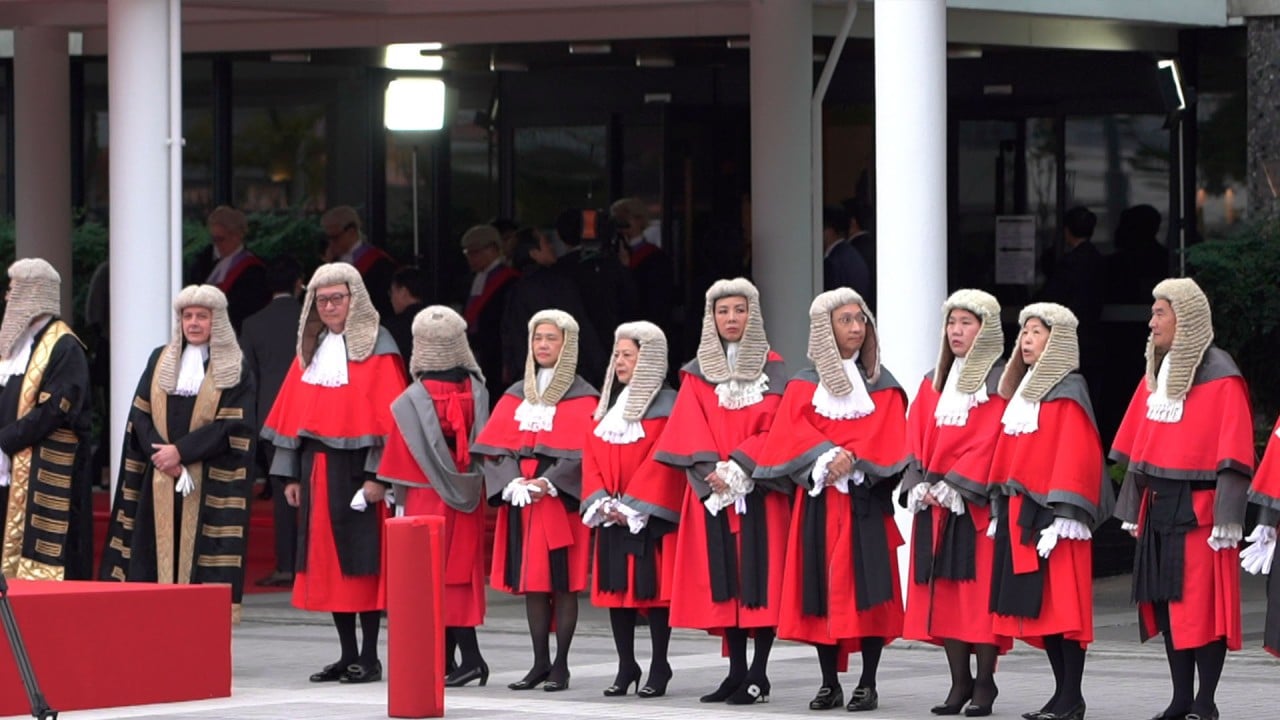
Hongkongers in the UK championing the cause back home can speak for themselves, thank you
- Foreign governments, organisations and activists should not assume for themselves the mantle of white saviours in defence of human rights, democracy and rule of law in Hong Kong
Being gay and childless, I have been able to travel around the world for extended periods of time and try to listen to, understand and learn from peoples whose countries have undergone similarly traumatic political and social transformations. In the past four months, I was in South Africa and Namibia, which are still adapting to legacies of decades-long apartheid.
A highlight of my visit was the varied responses I got when conversing with a group of young white Namibians about their sense of allegiance and belonging. As I shared my perspectives as a Hongkonger, one of them said Hongkongers did not deserve universal suffrage. The Namibian considered Hong Kong too small and insignificant, even though his country, with a population of 2.5 million, fought a war of independence with South Africa that lasted 23 years and seven months.
In London, I have, from time to time, received heartfelt expressions of support and solidarity from complete strangers. One aspect of my lived experience as a Hong Kong émigré has nevertheless stood out.
At assemblies Hongkongers in London are expected to attend as a matter of duty and conscience, invariably almost all Hongkongers are masked and keep quiet for fear of being identified, while white Hong Kong Watch activists take centre stage to tell us about the demise of Hong Kong, as if we needed to be lectured about what happened to our home.
As A. Belden Fields and Wolf-Dieter Narr argued in a peer-reviewed paper in Human Rights Quarterly in 1992: “If people are not aware of the historical and contextual nature of human rights and not aware that human rights become realised only by the struggles of real people experiencing real instances of domination, then human rights are all too easily used as symbolic legitimisers for instruments of that very domination.” Hongkongers wanted you to stand with us, not to replace our own voices and lived experience with yours. True friends do not let their egos or agendas get in the way.
Above all, fighting for human rights, democracy and rule of law in Hong Kong is not a job description. It is in every Hongkonger’s DNA, even if from afar. As the poet Alfred, Lord Tennyson, wrote in Ulysses (1833):
Though much is taken, much abides; and though
We are not now that strength which in old days
Moved earth and heaven, that which we are, we are;
One equal temper of heroic hearts,
Made weak by time and fate, but strong in will
To strive, to seek, to find, and not to yield.
Phil C.W. Chan is a legal scholar and recipient of the 25th Human Rights Press Awards (Merit, 2021) for commentary writing for his articles in the Post in 2020 on Hong Kong society in the era of China’s national security law for Hong Kong



